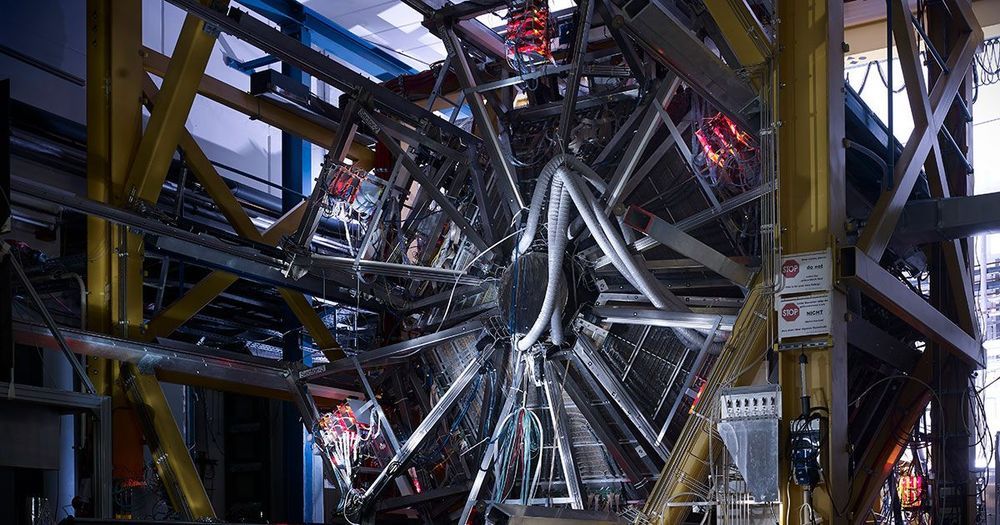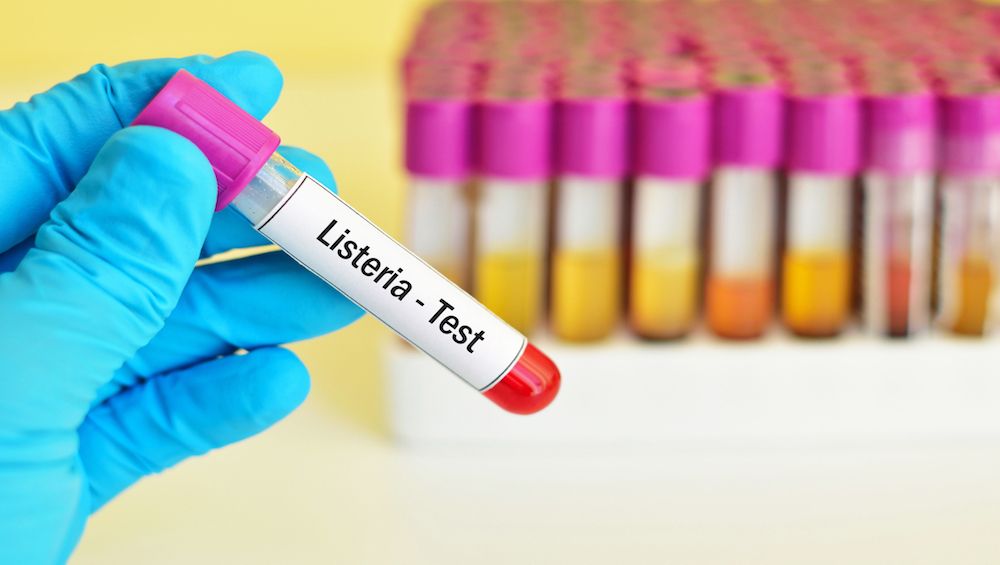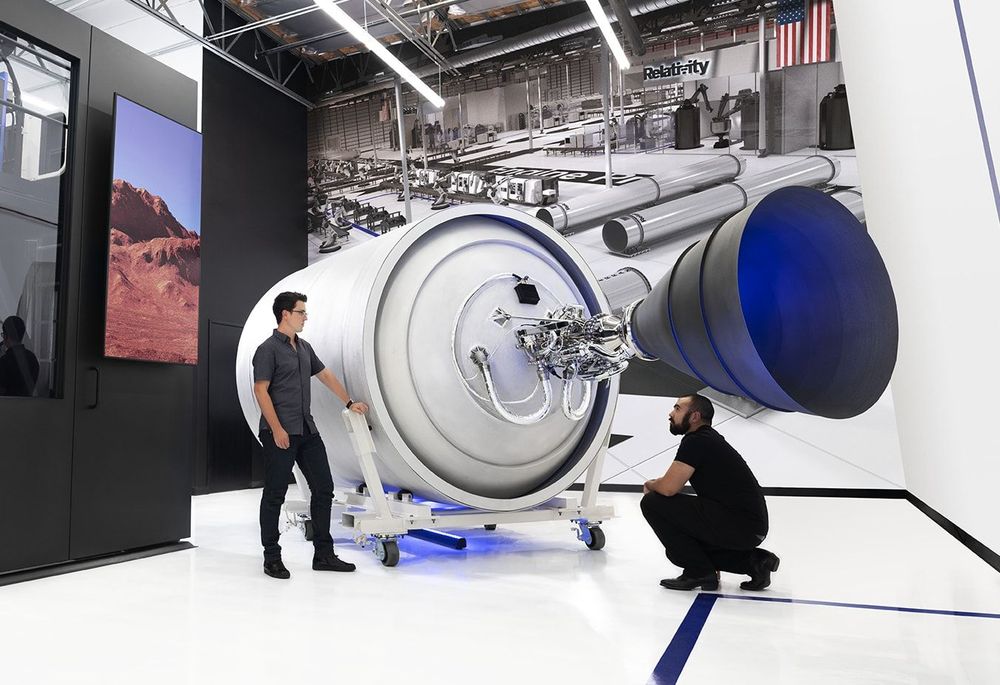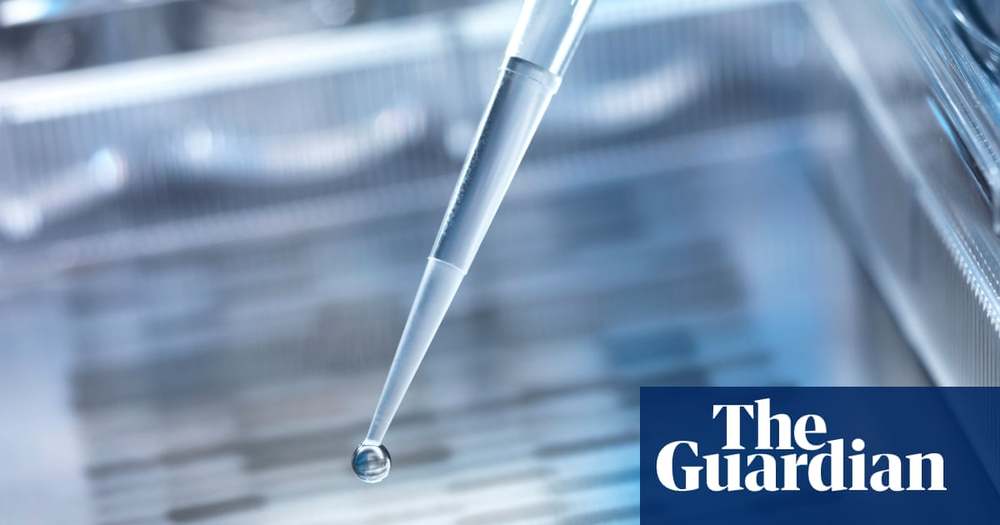Astronomers investigating gamma ray emissions have discovered that certain active galaxies seem to be giving off bursts in regular patterns. This, the team says, could be an indication of galaxies harboring two supermassive black holes in their centers.
Conventional thinking says that lurking at the heart of most galaxies is a supermassive black hole. The Milky Way is the perfect example – Sagittarius A lies about 26,000 light-years from Earth and has a mass about 4 million times that of the Sun.
While it’s generally thought that galaxies would only host one supermassive black hole, the idea that some could have two has been theoretically possible. And now, an international team of researchers has found what could be the first evidence of this scenario.








